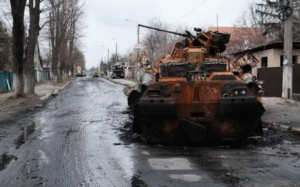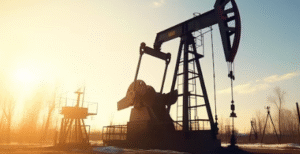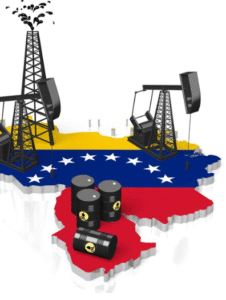$NG_F $EUFN $UNG
#EnergyCrisis #NaturalGas #EuropeanUnion #UKEnergy #GasStorage #WinterDemand #EnergyMarket #ColdWeather #EnergyPrices #RenewableEnergy #HeatingSeason #MarketImpact
Europe’s natural gas inventories are experiencing an unprecedented rate of depletion, marking the fastest drawdown in eight years. This accelerated decline follows a combination of factors, including colder-than-average temperatures and a prolonged stretch of low wind speeds. Since the start of the official winter heating season on October 1 through November 26, the European Union and the United Kingdom have collectively drawn down gas reserves by a staggering 83 terawatt-hours (TWh). This pace of withdrawal is more than four times the average of the last decade and represents the steepest such trend since 2016. As temperatures continue to dip and renewable energy sources underperform due to insufficient wind generation, the region faces rising concerns about energy security and potential price shocks in the coming months.
The rapid depletion of gas reserves has profound consequences for energy markets across Europe and beyond. Natural gas contracts, such as $NG_F and $UNG, are already being closely monitored by traders anticipating tighter supplies and potential price volatility. Meanwhile, the pressures on energy-intensive industries and households could intensify if colder weather patterns persist. The significant strain on reserves also underscores the renewed importance of diversified energy strategies, especially as policymakers grapple with balancing environmental commitments with energy reliability. For financial markets, this development could create secondary impacts on European utilities, infrastructure players, and even financial instruments tied to the energy sector, including the ETF $EUFN, which captures European banking exposure. Energy-reliant sectors may face rising costs, likely affecting corporate earnings and broader economic activity across the region.
This situation raises critical concerns over Europe’s long-term energy resilience. Despite efforts to transition to renewable energy, intermittent output from wind and solar power remains a challenge, particularly during winter months when demand peaks. Policymakers are likely to revisit strategies to enhance storage capacity, diversify supply chains, and maintain competitive energy pricing. Significant attention may also shift to geopolitical risks, given Europe’s reliance on imported energy from regions such as Russia and the Middle East. Any disruption to these supplies could exacerbate the current challenges, sparking further inflationary pressures and complicating central banks’ monetary policy objectives. With natural gas prices already elevated, consumers could face a sharp increase in heating bills, which may further depress household spending and add to recessionary pressures in vulnerable economies.
Investors and market participants should closely watch developments in the European energy market in the coming weeks. The ongoing depletion of gas reserves could spark speculative activity in futures markets, exacerbate volatility in energy prices, or even trigger government intervention to stabilize supplies. Companies exposed to energy price swings, including utility providers and manufacturing firms, may report margin compression or operational challenges, which could ripple through stock indices and earnings reports. For cryptocurrency enthusiasts, rising energy prices also bring implications for the cost-intensive mining industry. Overall, this evolving situation serves as a reminder of the intertwined nature of energy markets, finance, and geopolitics, underpinned by the delicate balance between structural energy transitions and immediate supply-demand dynamics.











Comments are closed.